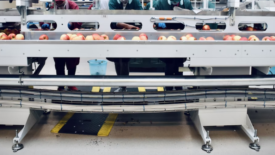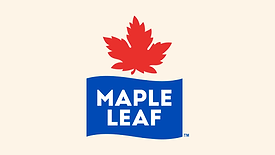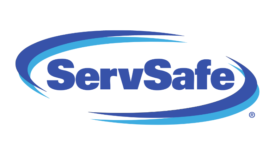Best Practices
Sanitation Prerequisite Programs as a Necessary Component of FSMS for Foodservice Establishments
It is imperative that a paradigm shift happens now in how risk is managed in foodservice establishments
October 11, 2022
Never miss the latest news and trends driving the food safety industry
eNewsletter | Website | eMagazine
JOIN TODAY!Copyright ©2025. All Rights Reserved BNP Media.
Design, CMS, Hosting & Web Development :: ePublishing












